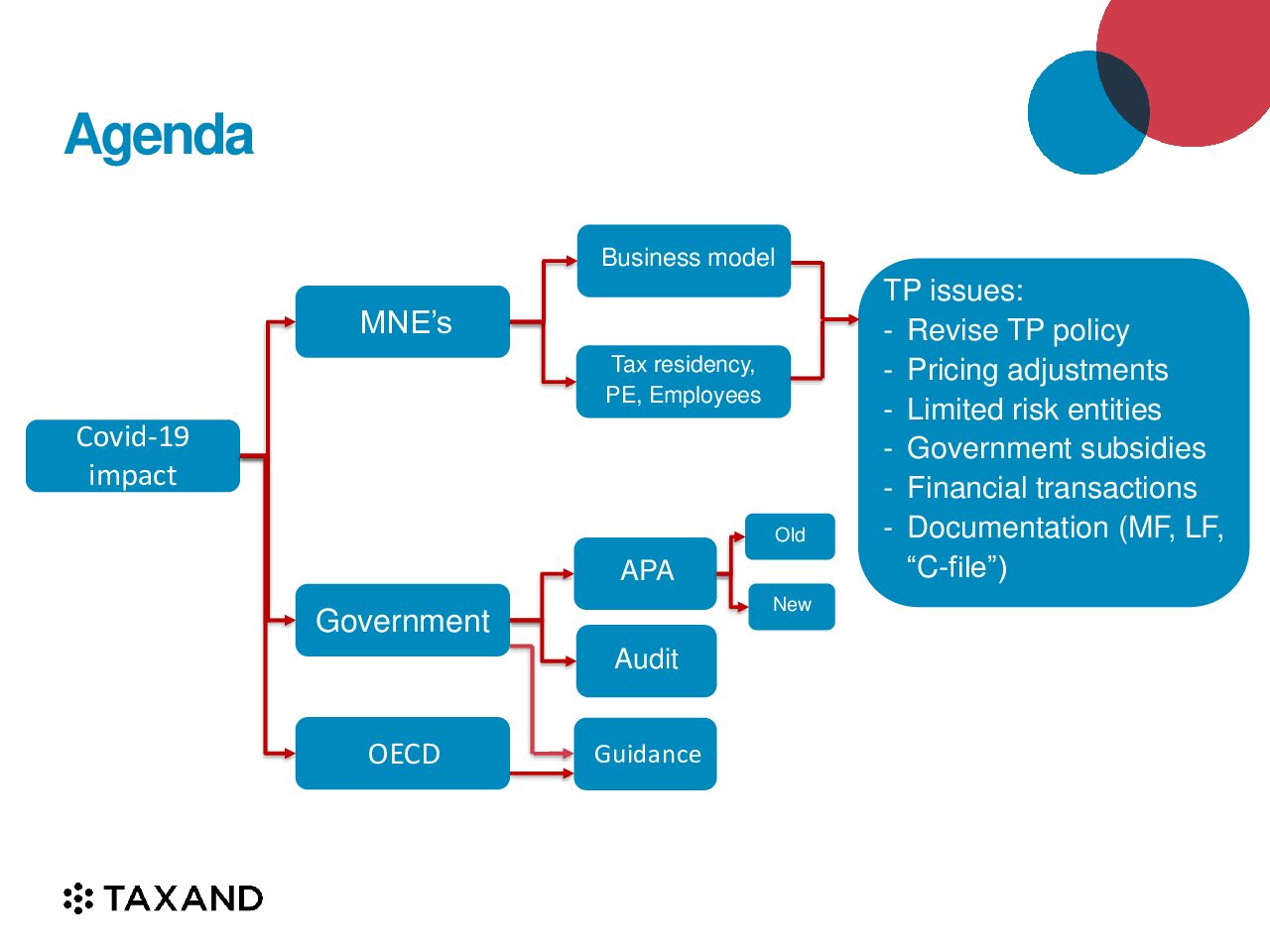On March 29th 2021, the Dutch Ministry of Finance announced a long-awaited overhaul of Dutch entity classification tax rules per 2022 – basically aligning the rules with global standards. The rules include the withdrawal of the ‘unanimous consent requirement’ for tax-transparency classification of Dutch CV and foreign limited partnerships, classifying these entities as tax-transparent by default. It also leads to termination of the Dutch non-transparent CV. Dutch FGR’s in principle also become tax transparent, with an option of electing for a non-transparent tax status in certain situations.
The announcement responds to the escalation of hybrid entity mismatches under ATAD2: as the current Dutch entity classification rules deviate from international standards, hybrid entity mismatches occur as the Netherlands and other jurisdictions do not align on entity classification.
Practical impact
Impact of the announced overhaul is that as of 1/1/2022, any Dutch CV and comparable foreign limited partnership entity will classify as tax-transparent by default, without the need for specific unanimous consent language anymore. Certain transitional rules will apply for existing Dutch non- transparent CV’s as they become tax-transparent for Dutch tax purposes.
For other foreign entities that are not comparable to a Dutch entity (such as UK LLP, Irish ULC, German KGaA), the Dutch classification will align with the foreign entity classification.
Due to the automatic entity classification switch per 1/1/2022, the tax position of existing CV/FGR and comparable foreign entities and its investors will have to be assessed. It could have a major impact, impacting inter alia the application of the participation exemption regime, (ATAD2) interest deduction rules, loss compensation and foreign tax liability.
What’s next
The announcement came in the form of a public consultation, open for responses until 26 April 2021. Final draft legislation is expected in September 2021, allowing a go-live per 1/1/2022.
For more information on the above, please contact Evert-Jan Spoelder (evert- jan.spoelder@taxand.nl )

